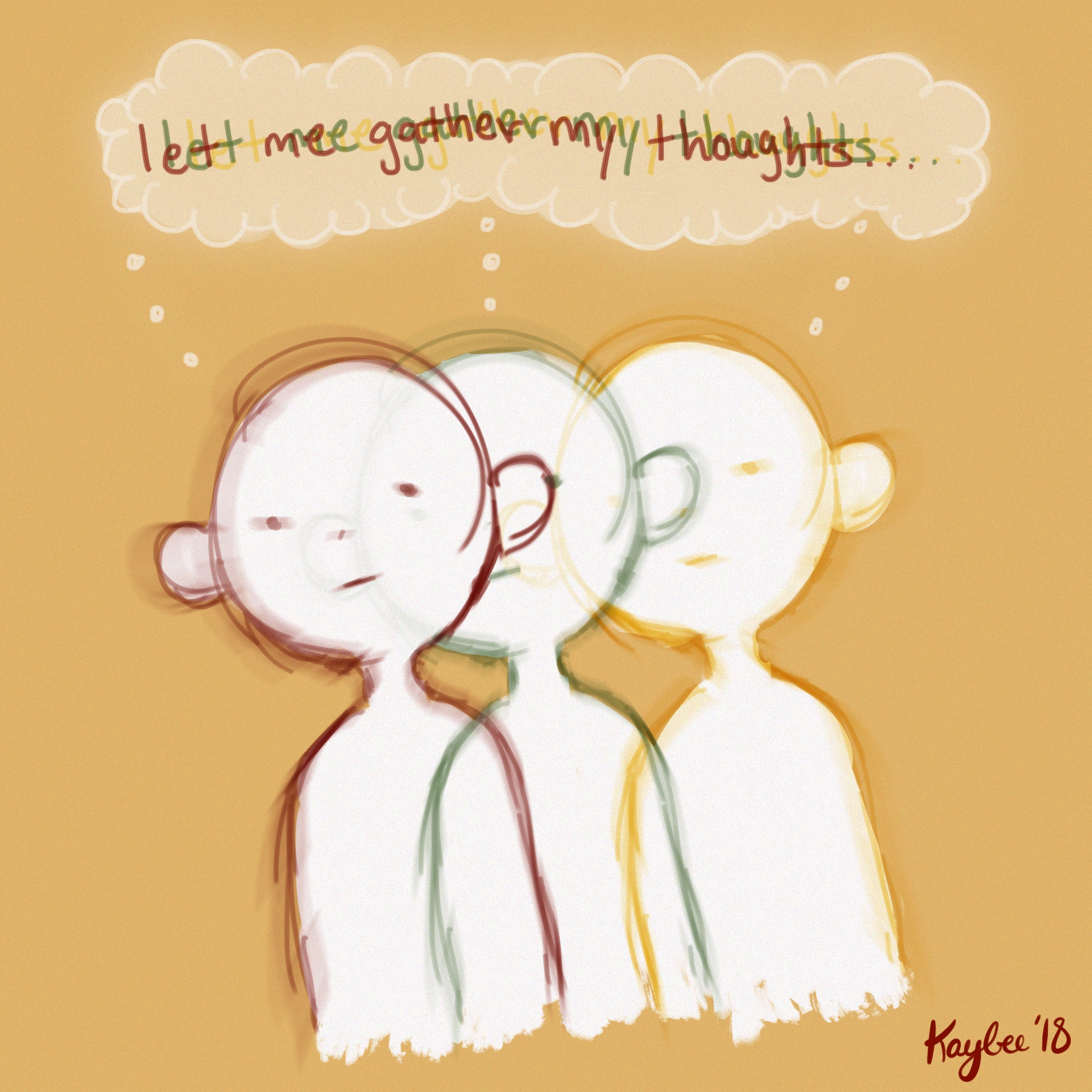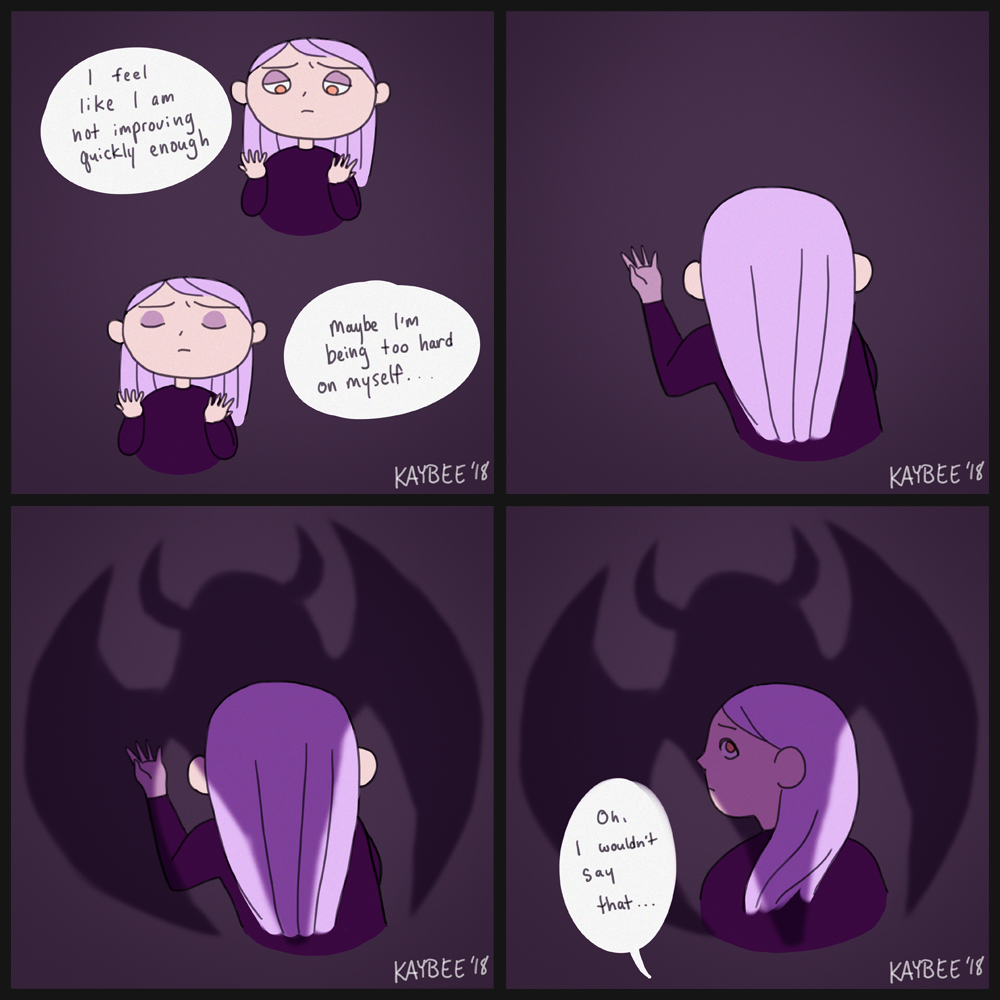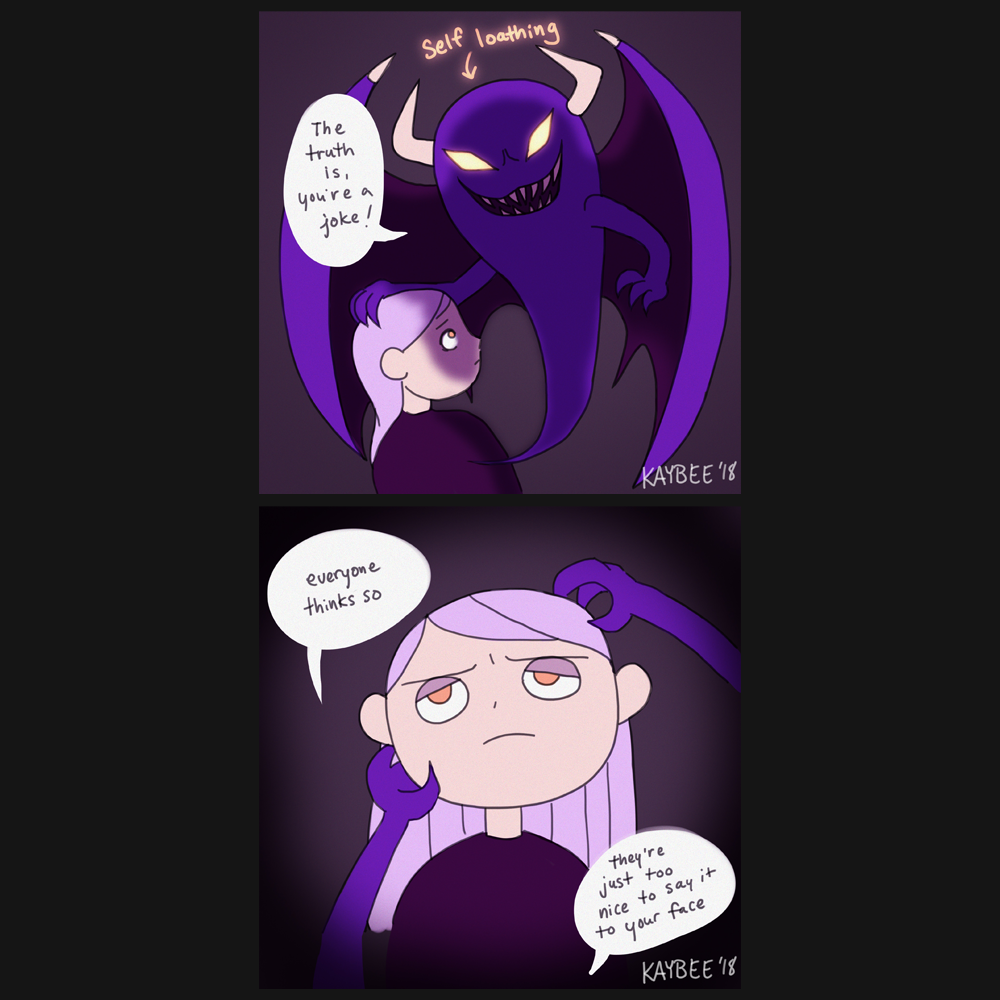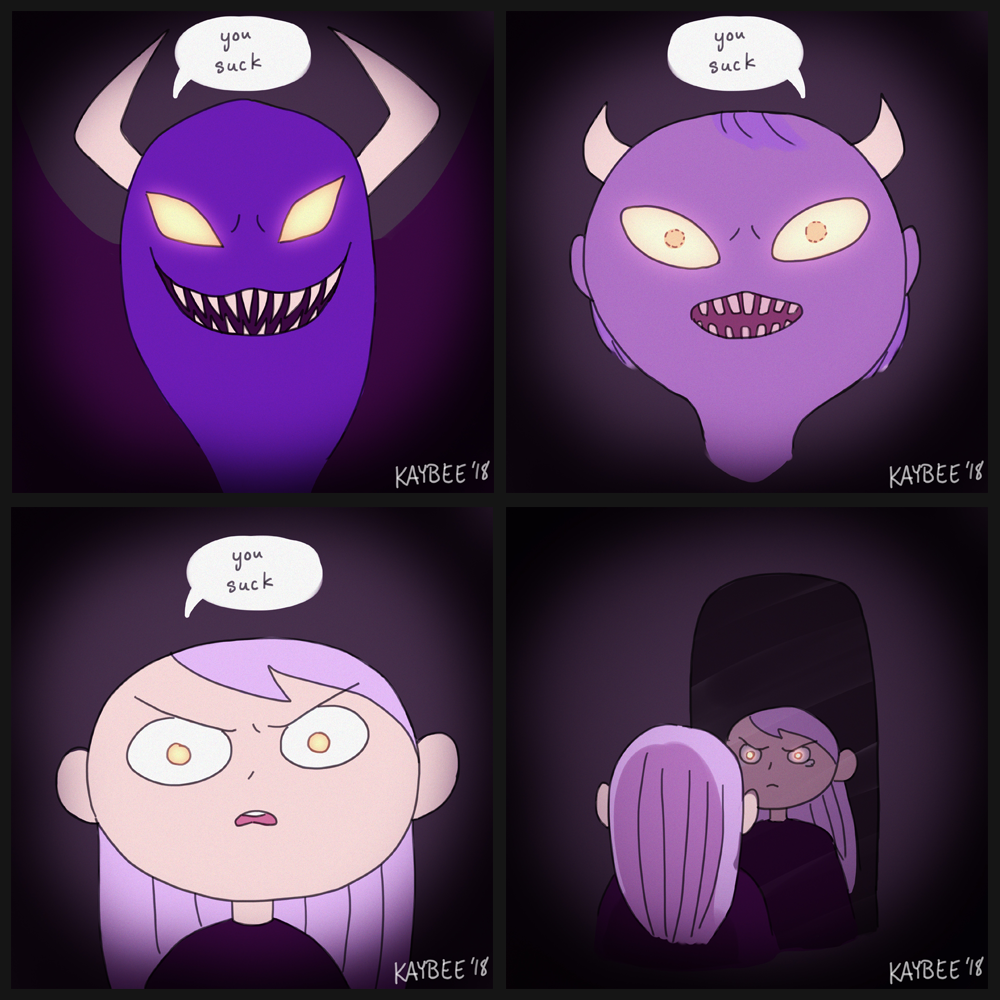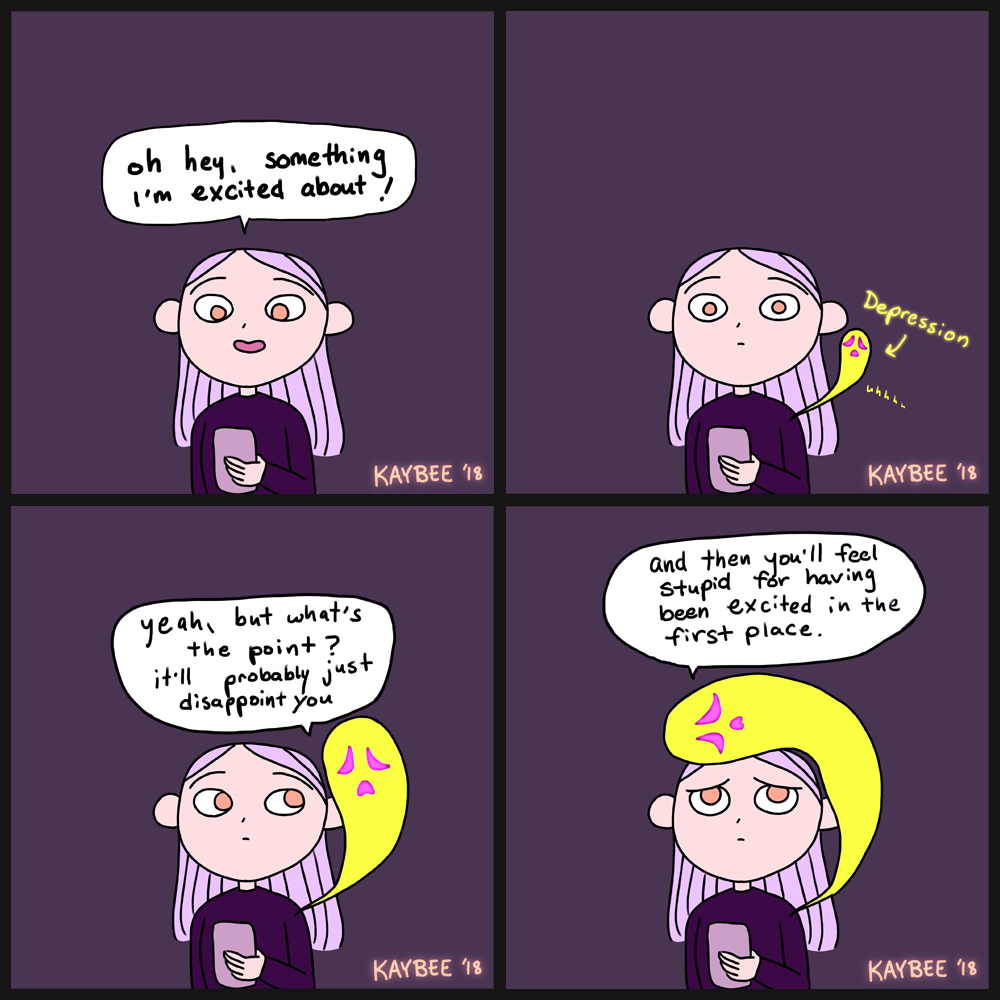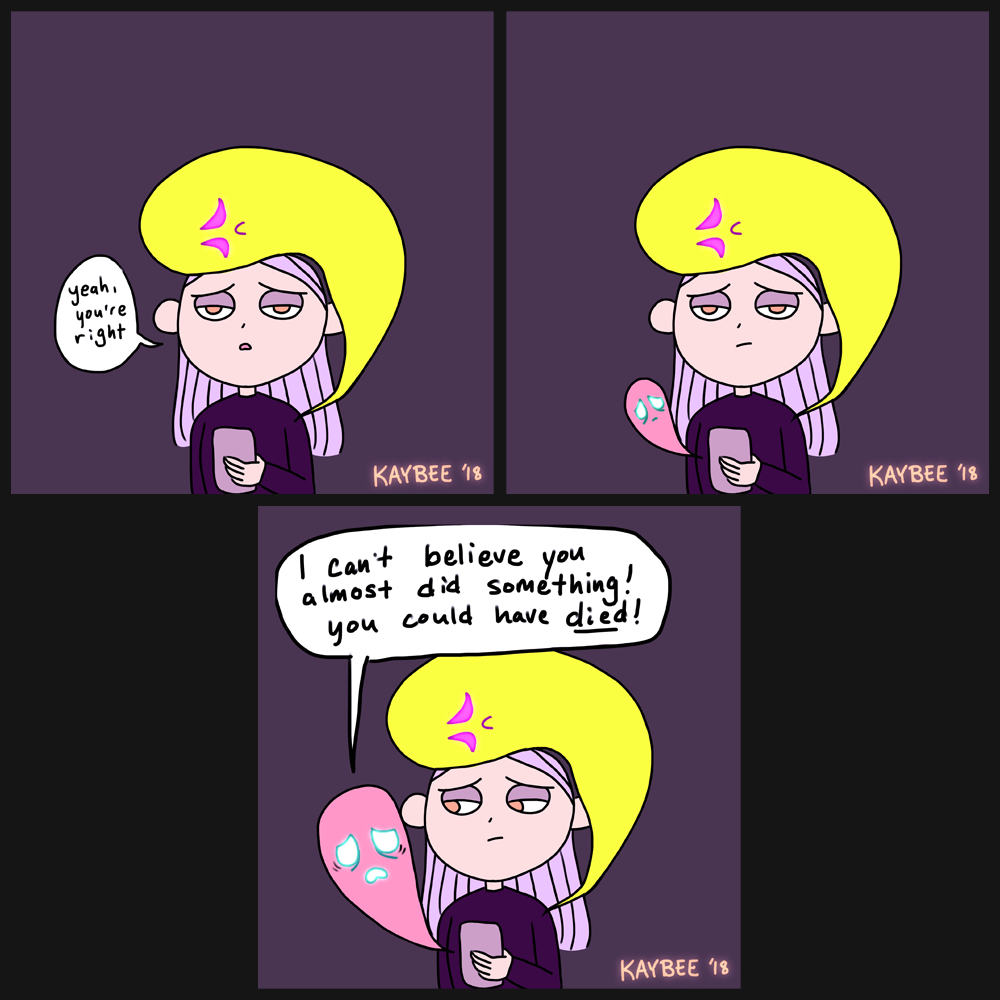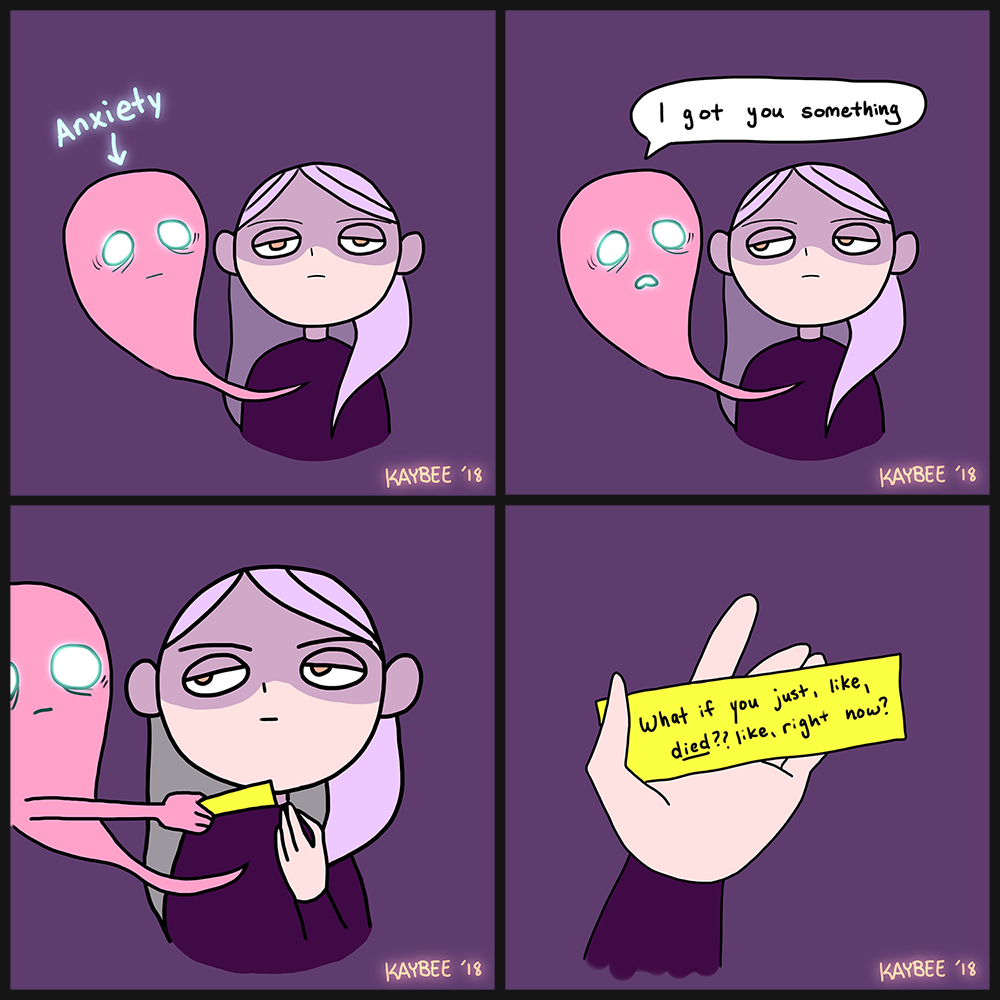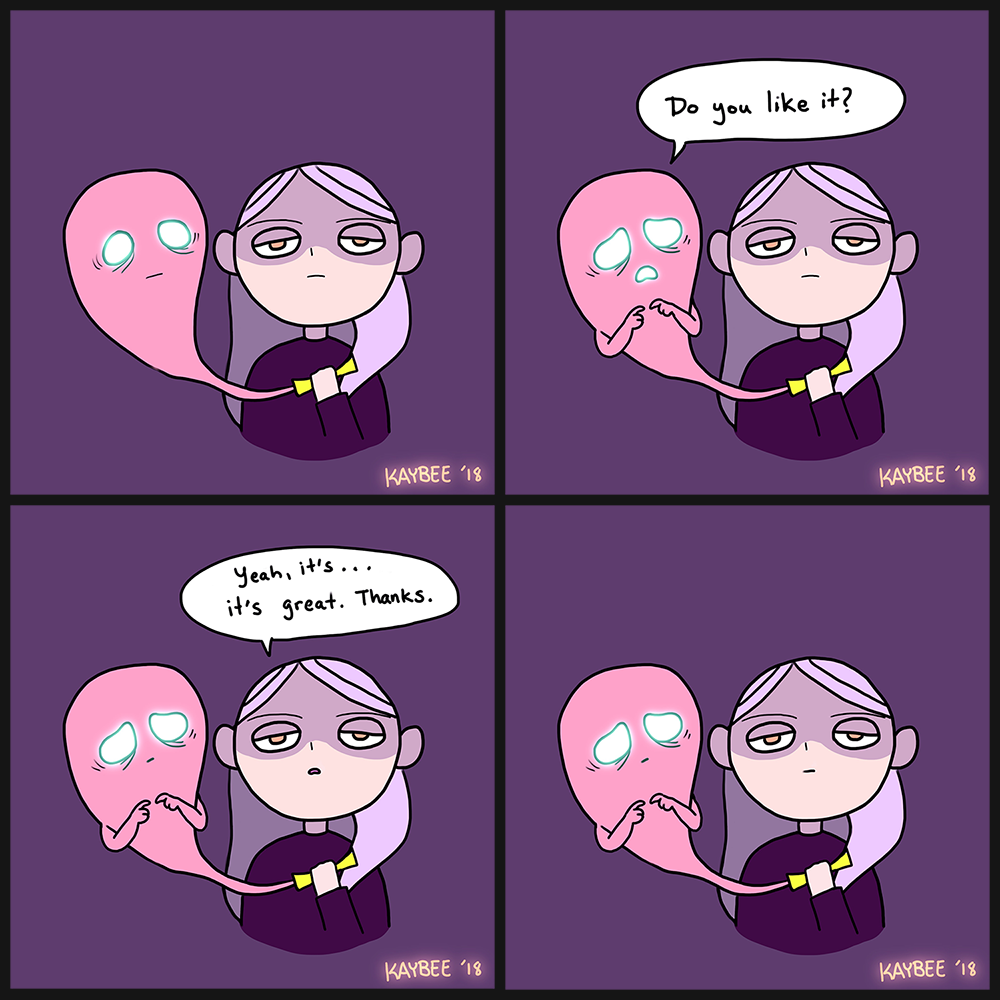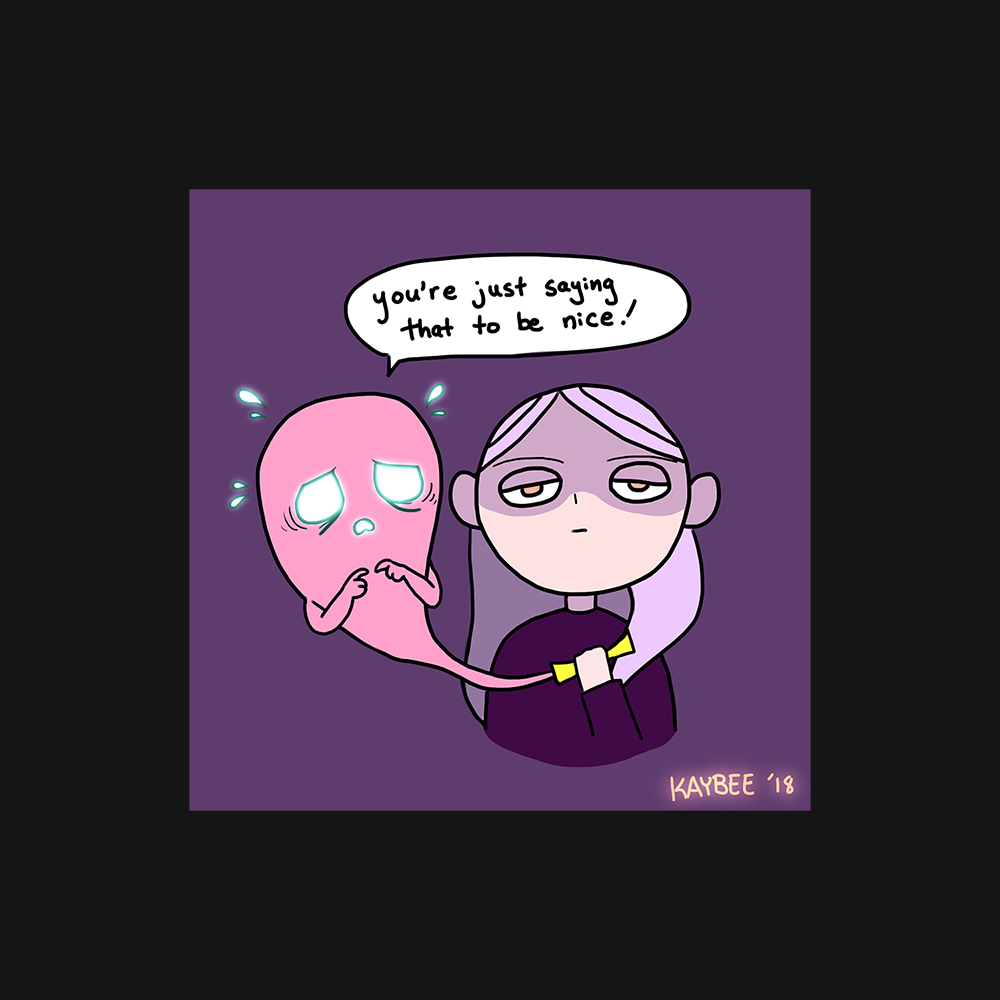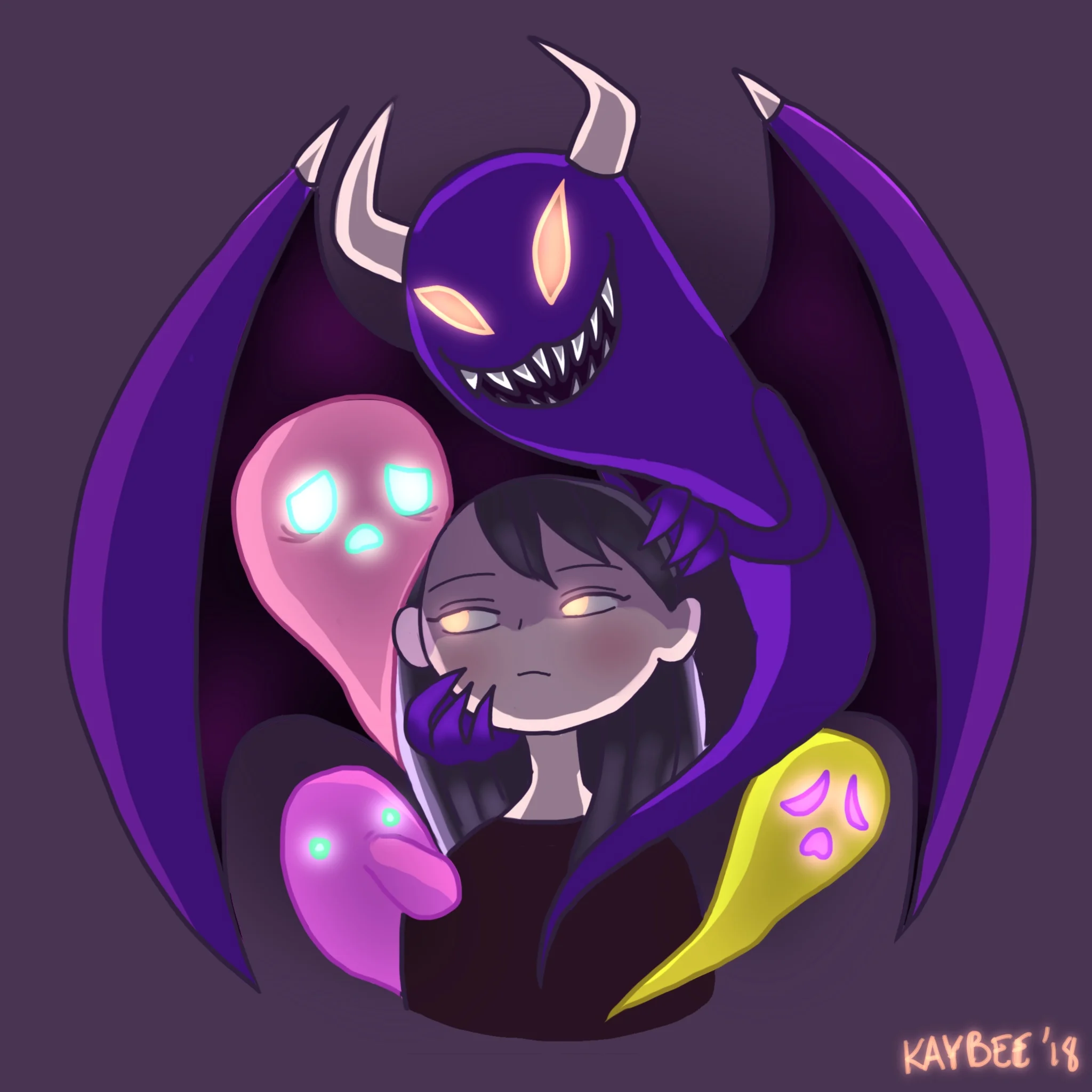This post isn't formally part of my Personal Demons series, but it does deal with mental health, so I am putting it here.
Oddly, I feel much more vulnerable about discussing dissociation. Though there are a lot of misconceptions about anxiety disorders and mood disorders like depression, the general population has at least some understanding about them. Dissociation, a mental state that can accompany depression and anxiety, is more of a symptom or a coping mechanism of these and other mental illnesses.
Do you ever feel like you are not quite entirely “there”? Like you’re watching someone familiar, in first person, doing things that make sense, but that person is not quite you? That's dissociation. It's a coping mechanism or defense mechanism, a way of detaching from reality when reality gets too hard to handle. It is a bit like switching your mind into autopilot.
I tend to enter a dissociated state when I am intensely stressed for an extended period of time. If we want to extend the autopilot metaphor I used above, being dissociated will get you where you're going, but is a bit like grinding your emotional gears. It takes time and a practice of mindfulness in order to come back into alignment with the self. Usually while I am working on getting back into re-alignment, I am irritable, find it difficult to focus, and I am more prone to depressive episodes.
For me, the best way to avoid dissociation is mindfulness. Making sure to take a few moments to ground myself in my body and breath, to notice my thoughts without allowing them to become my focus, helps tremendously.
Serious note: I am not a mental health professional. If you think or know that you or a loved one is suffering from depression (or anxiety), please know that help is available! We need you here with us.
National Suicide Prevention Hotline (US): 1-800-273-8255
Psychology Today Therapist Search (US): www.psychologytoday.com/us/therapists

